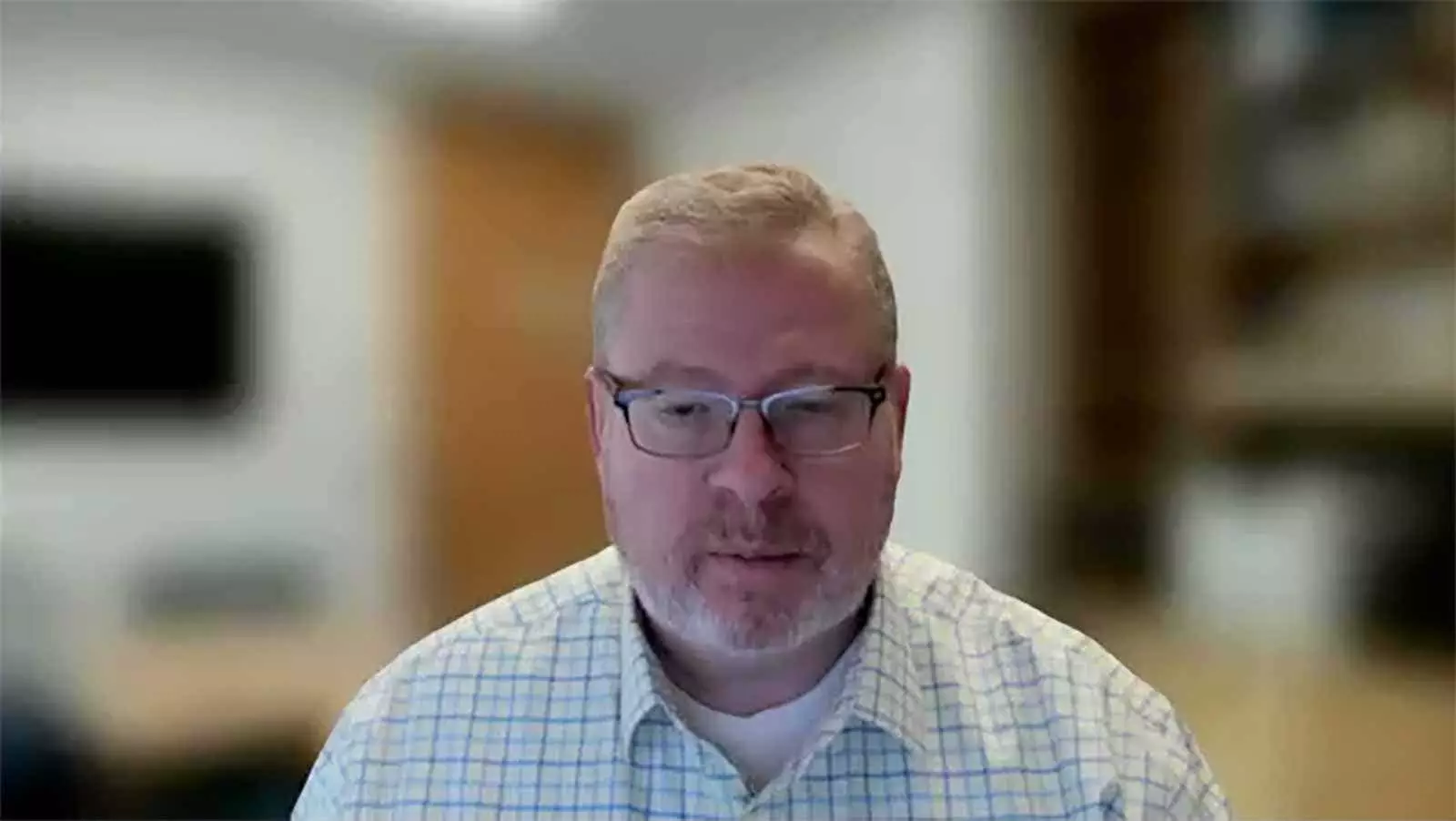Recent studies presented at the European Society for Medical Oncology annual congress have shed light on the treatment durations for patients with metastatic urothelial carcinoma, particularly those treated with enfortumab vedotin, commercially known as Padcev. Jonathan Rosenberg, MD, from Memorial Sloan Kettering Cancer Center, highlighted compelling evidence demonstrating that patients responding well to this therapy may continue to experience prolonged periods without the need for additional treatment. Specifically, patients achieving a complete response after more than 8.5 months of therapy were able to remain off treatment for over two years.
These findings bring forth critical questions regarding current treatment protocols, especially concerning the management of toxicity-related ceasing of therapies. According to the retrospective analysis involving 57 patients, those who exhibited a solid response to enfortumab vedotin, specifically a complete response or sustained stable disease for over eight months, could potentially remain off treatment for an average of 2.5 years. This raises an interesting point about the broader implications of actively pursuing longer treatment durations for patients demonstrating initial positive responses.
While clinicians often seek to mitigate the side effects experienced by patients—such as neuropathy and other toxicities—Rosenberg’s remarks prompt a reevaluation of treatment cessation practices. Many practitioners may feel inclined to shorten treatment durations in an effort to minimize adverse effects. However, this new evidence suggests that maintaining therapy for a more extended period, particularly in patients demonstrating stable or positive responses, may be a more beneficial approach.
The challenge lies in assessing the trade-off between maintaining therapeutic benefits and managing the toxicity that often accompanies such regimens. Traditionally, a more conservative approach to treatment cessation has been favored, primarily to avoid complications. Nevertheless, Rosenberg emphasizes the potential advantages of extending therapy durations, positing that longer engagement with enfortumab vedotin can enhance the overall efficacy and reduce the likelihood of progression in the disease.
As oncology shifts to more personalized treatment plans, these findings bear significant implications for clinical practices. Understanding the nuanced relationship between treatment duration and patient outcomes is crucial for enhancing the quality of life and increasing survival rates for individuals battling advanced cancer stages. The retrospective data, while intriguing, call for further exploration into long-term treatment strategies and outcomes across larger patient populations.
Oncologists may need to reconsider their approaches, moving away from a one-size-fits-all model and embracing a more dynamic framework that accommodates patient responses. The revelations from these studies underscore the necessity for ongoing research to refine guidelines surrounding treatment interruption and maintenance strategies in various therapeutic contexts.
The promising outcomes associated with prolonged therapy durations in patients responding positively to enfortumab vedotin invite a thorough investigation into optimizing treatment protocols. Clarity in this area will ultimately empower oncologists to make well-informed decisions tailored to enhance patient health and longevity.


Leave a Reply